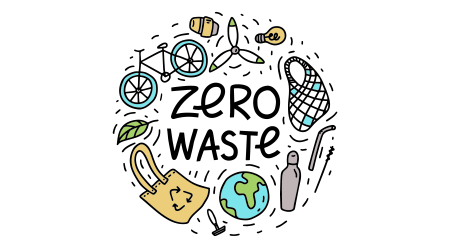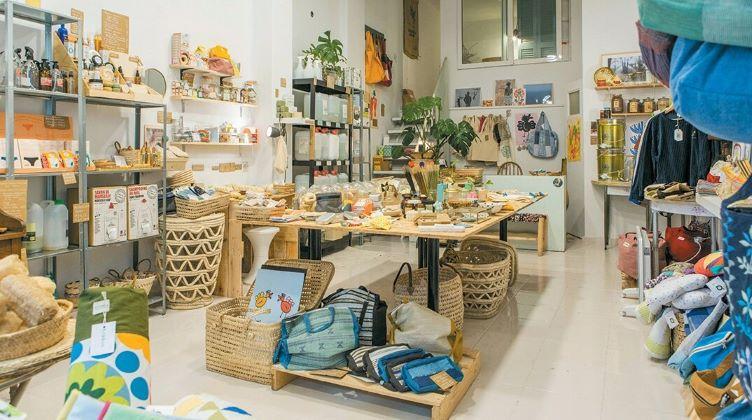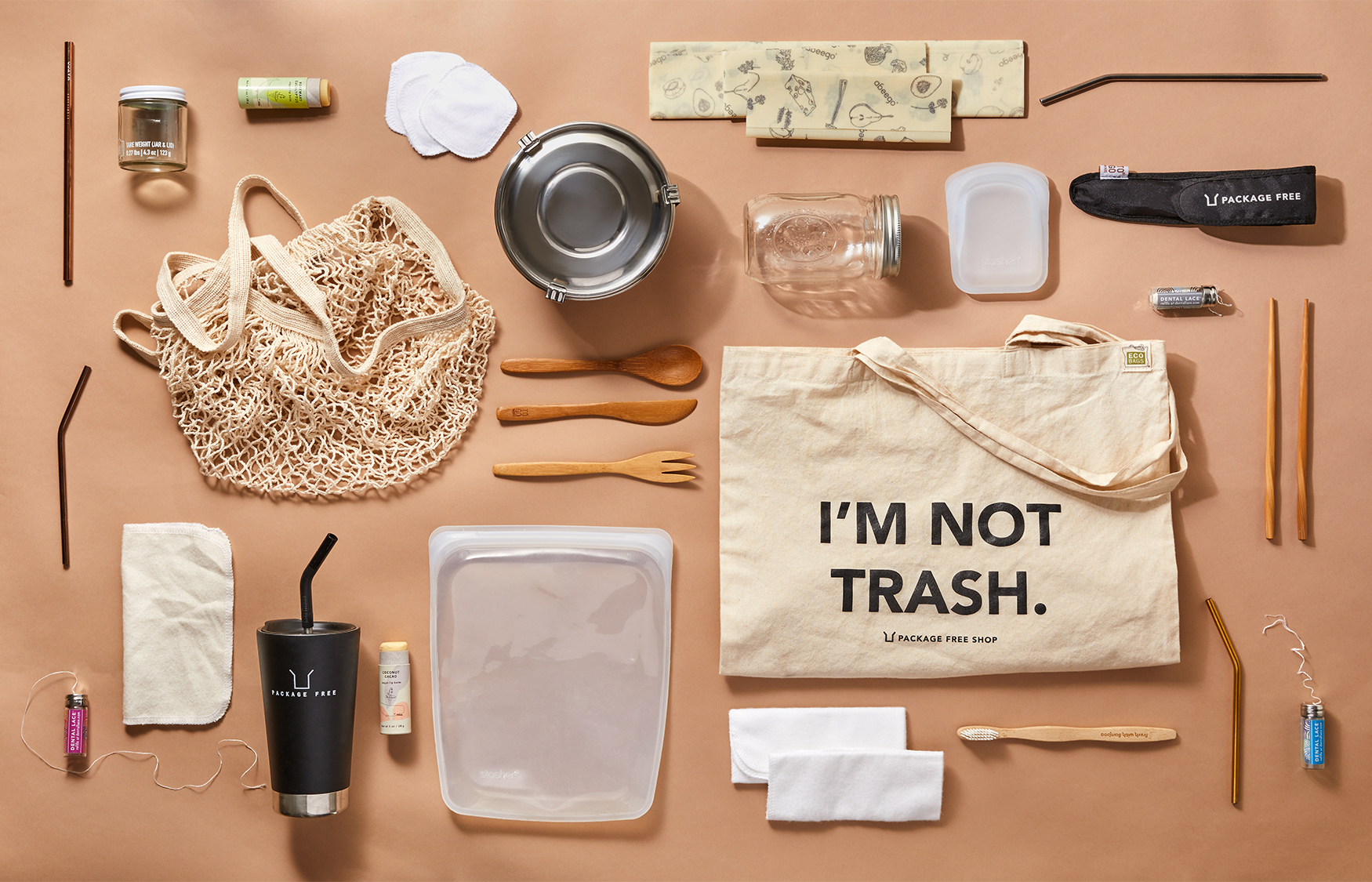By Georgia Rousta,
In a world where mass consumerism and capitalistic tendencies constitute the core of the buying ways of most of us, where the results of climate change have made their appearance profoundly and are to show the future that is awaiting our planet and where, despite all the evident vices that have come from our past ways of living and producing, we remain loyal to them and hide them behind more eco-friendly methods, zero-waste living takes the part of the complete antithesis of everything mentioned above.
It is no secret that creating waste is a big part of our lives, food packaging, plastic bags, new clothes, even food waste – and not to touch on the amount of waste, such as chemical, that is created in the production of everything. In the U.S. 268 tons of garbage are produced every year, while one U.S. resident produces 4.5 waste per day. It has become part of our lives, we have just accepted the fact that creating waste is inevitable and live by that rule, but what if I told you that there are people living and create minimal to zero waste.

A zero-waste lifestyle may sound like a very tedious and time-consuming activity, but, in reality, it is easier than expected. Of course, one will need to put more effort and thought into their habits. But it is a choice and lifestyle that can be followed more easily than at first thought. From trying to reduce waste while buying products, such as using reusable bags to carry your groceries or buying products that are not contained in plastic packaging and, instead, storing them in glass jars, to making products yourself, at home, so as not to have to throw away the packaging in which the product came in, zero-waste can take up many forms. Buying second-hand, learning how to compost and minimizing the number of things one uses in their daily life are also part of choosing to live zero-waste.
It seems to be harder mentally than practically to be able to choose to live having less and being more conscious of the garbage that you create. It is a challenging choice to change one’s mindset from consuming massive amounts of products, clothing, food, everyday items, to just having what you need and buying consciously, especially when everyone around you is mass consuming and that is what the market is promoting and profiting from. Keeping in mind, though, the harm that we cause to our planet -and ourselves- going zero waste may not be so hard, after all.
By going zero-waste one also becomes more conscious of what they are eating and the ingredients of the products they are using making them follow a much healthier lifestyle, not just for the environment, but for themselves, as well. That way, they are, also, able to take care of their health and diet.
Many may think that going zero waste is an extreme and opt for other ways to save the environment, such as recycling. Although recycling is much better than just throwing away all of your trash in one place, it is trash that is being thrown away. Yes, those trash are going to be made into something different and probably reused, but it is still going to end up in some landfill at some point as all trash do. That means that even though other eco-friendly ways of dealing with waste are better than not dealing with them at all, having no waste is ideal, as there are limited to no trash to burden the environment.

Even if, still, zero waste living seems like a hard task to manage, little steps towards it make a big difference. Cutting out all the garbage that we create cannot be an overnight shift, at least not in many cases. Starting small is key. Carrying an extra tote bag while going grocery shopping is not such a big of a struggle, but it still helps reduce the number of plastic bags thrown away. Reusing the glass jar that came with a jam you bought gives it a new purpose and makes it one less product thrown away. Buying second-hand causes zero environmental impact as there is no new product produced, but an already existing object being reused. We should all try our best every way we can, small or big, to help our world, for ourselves and the generations to come.
After weighing the virtues and the vices of zero-waste living, cutting of or minimizing junk food and other unnecessary product’s consumption seems to be outweighed by the bettering of our health, having more mindful tendencies and a planet more likely to be saved, at least if you ask me.
References
-
How to Go Zero Waste: Inside the Zero-Waste Lifestyle. masterclass.com. Available here
-
Curbing America’s Trash Production: Statistics and Solutions, dumpsters.com. Available here
-
Why I live a zero waste life, TEDx Talks, YouTube.com. Available here




